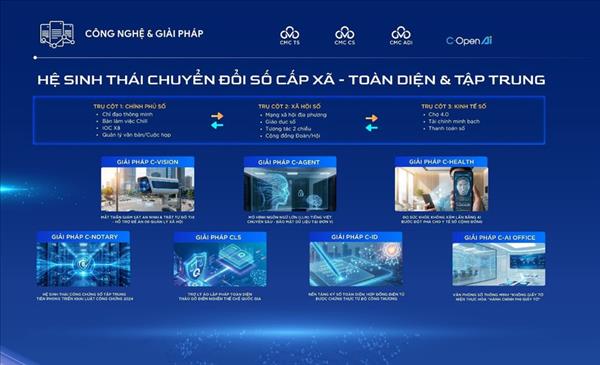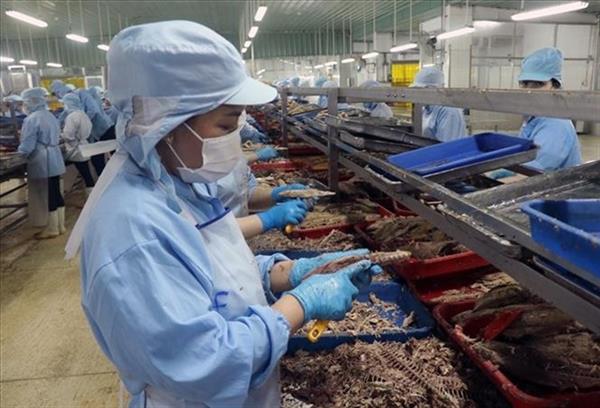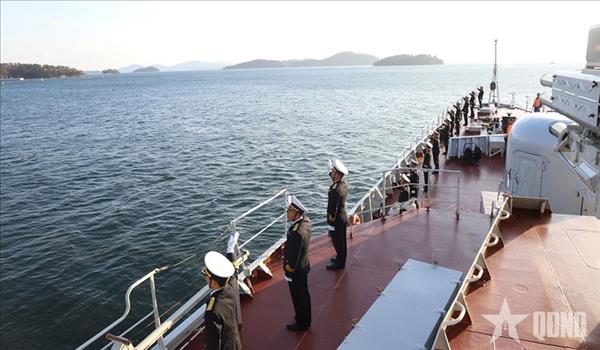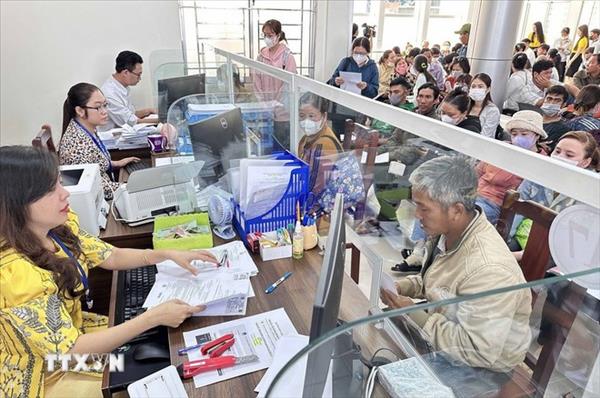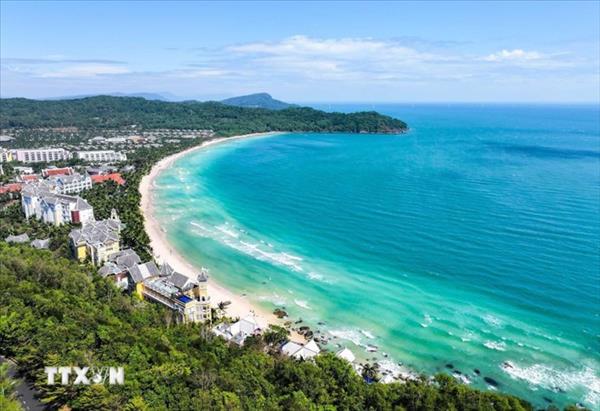The World Bank (WB)-funded Urban Development and Enhanced Climate Resilience Project will be implemented to improve access to infrastructure and connectivity and to reduce flood risk in the urban core of Vinh Long City in the Mekong Delta province of Vinh Long.
Addressing the project’s launching ceremony on June 7, Hoang Thi Hoa, Senior Urban Specialist at WB Vietnam Office, said Vinh Long City, strategically located along the economic corridor that connects Ho Chi Minh City to the Mekong Delta, has great potential to become a regional hub for agribusiness, trade, and tourism.
However, flooding and poor environmental sanitation are major impediments holding back the city’s development, she said, adding that located at a low elevation on the Tien River plain, about 60 percent of the city is prone to flooding.
The Vinh Long project will help remove physical constraints to development in the urban core area through the development of flood control systems, drainage, wastewater collection and treatment, and investment in key urban roads.
Strengthening urban infrastructure is key to Vinh Long’s ability to unlock its potential, safeguard its gains and withstand multiple shocks from climate change, Hoa said.
It has a total investment of 202.2 million USD, including 126.9 million USD worth of credit provided by WB and 19.5 million USD as non-refundable grant from the Dutch Government.
Nearly half of the project’s funding will be used to develop flood risk mitigation measures, including embankments and tidal sluice gates, rehabilitation and upgrades of the canal and drainage system, and investments in green infrastructure.
The project will also support the building of three strategic roads that will improve the inter-city connectivity and further enhance the city’s flood protection capacity.
Chairman of the provincial People’s Committee Lu Quang Ngoi said the project will contribute to boosting the province’s development in the coming time and transforming Vinh Long City into a second-class city./.

